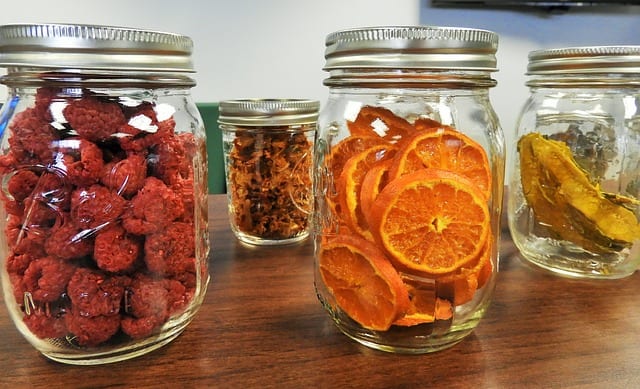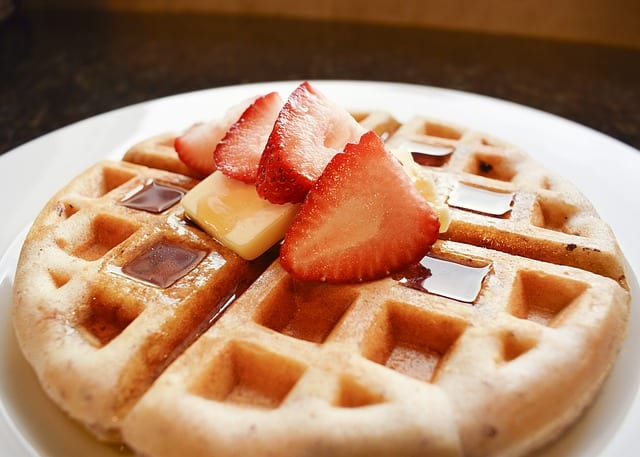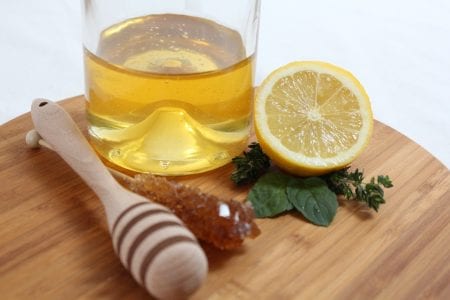
Image credit: Soorelis
Abuse of sugar contributes to obesity. The surplus sugar, which entered the body, under the influence of insulin is deposited in the form of fat in the abdominal cavity and under the skin. According to the study of nutritionists, more than 70% of people who handle the problem of excess weight, use more than 12 teaspoons of sugar a day. And how much sugar per day do you eat?
Sugar weakens our immunity.
It spoils the microflora of the digestive tract, as a result of which the absorption of useful elements and proteins decreases. Sugar is an excellent medium for the growth of various fungi, in particular, the species Candida. And these are all known milkmaids for mothers and children.
From an overabundance of sugar grow old.
Excessive consumption of sweet causes a violation of collagen and elastin, responsible for the elasticity and elasticity of the skin. Hence wrinkles and saggy skin.
Sugar strengthens the feeling of hunger.
With excessive consumption of sweet free radicals interfere with the normal operation of neurons and lead to a false appetite, contributing to overeating and obesity.
Consumption of sugar reduces the amount of calcium in the body.
The probability of bone fractures increases. Also sugar has a very negative effect on tooth enamel, so it’s not for nothing that in childhood parents limited us access to sweets.
What can replace sugar?
Dried fruits

Image credit: fshnextension
If you can not imagine tea without sugar or sugar, then try dried fruits. Prunes, dates, figs, raisins, mangoes and others are ideal for making compotes, cupcakes, homemade sweets and cookies. In this case, remember that in dried fruits contains fructose, they are quite high in calories. But still better than sugar!
Maple syrup

Image credit: Davies_Designs
Maple syrup is made from sugar maple juice. It is very popular in Canada and the US, it is used not only as a sweet additive to baking and tea, but also as an ingredient in cooking meat and vegetable dishes.
Honey

Image credit: onefox
Honey is an ideal product for sugar substitution: absolutely natural, containing a lot of useful substances. Buckwheat, lime, flower, acacia perfectly replaces sugar, including in the preparation of baked goods and sweets. Some manage to add it even to coffee instead of sugar! Remember that some people have an allergic reaction to honey, it does not suit everyone.
Syrup from Jerusalem artichoke
Jerusalem artichoke, or earth pear can be added to pastries, cereals, dairy products, sweeten them with coffee or tea. Of all natural sweeteners, Jerusalem artichoke syrup has the lowest (except for stevia grass) glycemic index, which means it can be safely consumed by people with diabetes. Syrup Jerusalem artichoke has a beautiful honey color and is prepared at low temperatures, so it retains all the useful substances and vitamins.
Maltose molasses
Maltose molasses is a sugary starch product, which is obtained from corn flour. It is widely used in the food industry in the manufacture of children’s and dietary food, in brewing and winemaking. Also, maltose molasses may well replace sugar when cooking jam and sweeten pastries.
Grass of Stevia
The plant of stevia, whose home is Paraguay, has amazing properties. It seems to be a fairly ordinary, ordinary grass, the leaves of which have a sweet taste. More precisely, stevia is much sweeter than regular sugar, and all thanks to the unique glycoside stevioside. To date, stevioside is the sweetest of the known natural glycosides. Stevia is produced in a variety of forms: dried leaves, tablets, powder, extracts and tinctures.
To use sugar or not – you decide. But it is important to be aware of the consequences for your health. In fact, against much more than just your desire to have fun or to seize sadness. Replace artificial sweets with natural ones – you will become healthier and slimmer.
